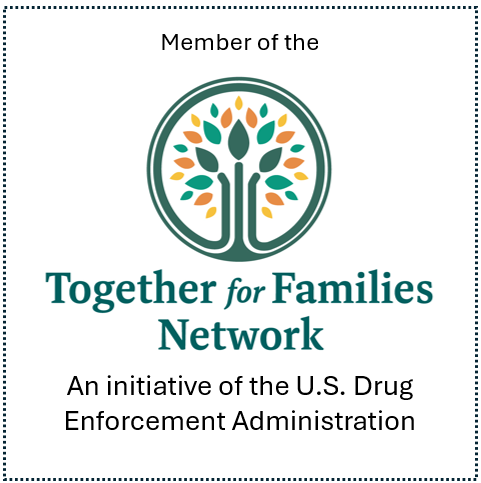New Year’s Resolution? No.
Ask the Experts | Mary Beth Garvey
I'm always getting pulled in a hundred different directions and I keep getting roped into things I don't really want to do. How do I learn to say no?
A: Our capacity to give, to focus on what is most important to us, is finite. So is our time to do it.
As we think about what we want to commit to in this next year, it’s helpful to remember that we have to safeguard the time and energy needed to make it a priority. Knowing how to say no allows us to be intentional about what we value.
How to Say No
Even if we believe saying no has merit, we may not know how to do it. Like all skills, it takes practice and patience, but here are some guidelines:
• You don’t have to give a reason for your no; that may leave room for people to negotiate or persuade you. Practice a simple “no, thank you” or “thank you for your kind invitation, but unfortunately I have to decline.” Other versions include:
I’m not able to do that right now.
I have another commitment at that time, but appreciate you thinking of me.
There are other things that need my attention right now and I need to focus on those.
No, I won’t be able to make it, but please let me know how it goes.
I can’t right now, but I know you will do a wonderful job.
Experiment with what sounds best to you. Write it out. Practice so it becomes familiar.
• If you feel uncertain or don’t know how to say no, don’t give an immediate answer. Give yourself time and space to think about it, and to consider your own needs. You can say, “I need a little time to think about it. I’ll get back to you.” If pressed, let the person asking know if they need an answer right away, you have to decline.
Creating some time gives you a chance to think about the “why” of your choice, and if it is consistent with what you genuinely want to do. What feelings come up for you if you don’t do what is being asked of you? Can they be tolerated? Are the negatives you are anticipating grounded in reality? Will that be better or worse than saying yes?
• Don’t assume responsibility for someone else’s disappointment to your decision. Your responsibility lies in being clear and respectful, not rationalizing your decision or making it okay for anyone else.
• Start with incremental change. If a hard no is too stressful, start with smaller steps like not volunteering to take on things that you don’t want to do, waiting to see if others step up, or not responding immediately to a request. Be cautious of over-functioning out of habit. Expecting to be effortlessly more assertive can stir up a great deal of anxiety and undermine change.
• Know that if others have always known you to be accommodating, they may resist change and struggle to accept your assertiveness. In relationships that are especially important to you, try to stay connected, even if the other person reacts negatively to your limits. Sometimes it is helpful with those who’ve earned your trust, to share how hard it is for you to say no and ask them for support.
Saying no can be direct, gracious and respectful. Used deliberately, a selective no honors what is most important to us and gives us the room to show up in a meaningful way for what we value most. As we think about what we want to focus on in the new year, it helps to consider how a good no would work in the service of those goals.
Mary Beth Garvey, LMSW, is a licensed social worker with more than 25 years of experience providing individual, group and family therapy in the private and public sectors. Check out her blog at https://www.marybethgarveytherapy.org/.







